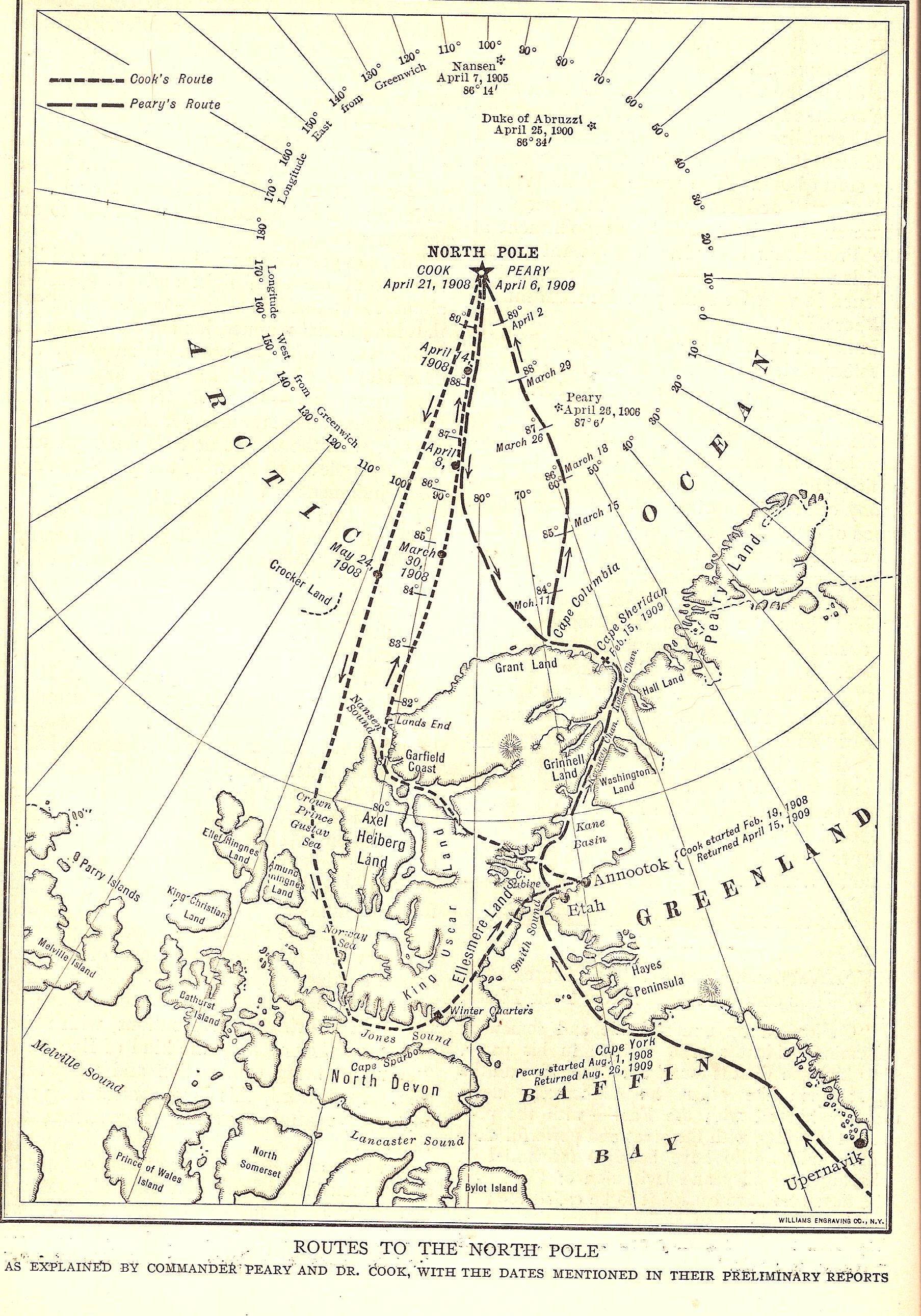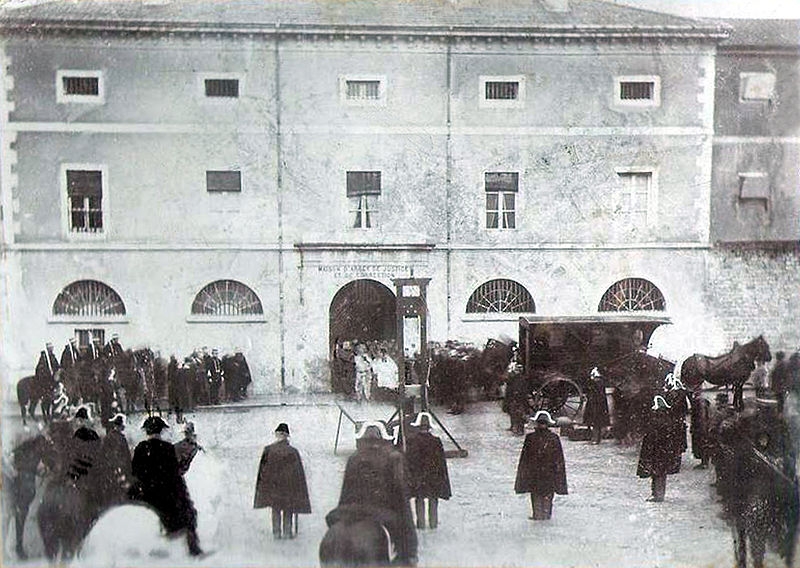-
1951 Historic Flooding in Kansas
History making flood devastates Kansas on July 13, 1951. 500,000 people were left homeless and 24 people died. The Midwestern United States had not seen such destruction from flooding as great as this, since record taking had begun. It was on the unluckiest of days, Friday the 13th, that some call Black Friday, when the flood swept down the Kansas River valley and into the Missouri River basin. Above-average rainfall beginning in June and lasting through July 13th brought well over 25 inches to towns in eastern Kansas. Most affected major towns were Manhattan, Topeka and Lawrence. Also, 10,000 farms were destroyed as well. The crest of the flood exceeded…
-
Benjamin Franklin’s Electrical Kite
We have all heard the story about Franklin flying a kite in a thunderstorm and proving that lightening is electric and the charge it creates can be collected in a Leyden jar. History purports that this experiment by Franklin took place on June 10, 1752, but there are those who question if Franklin actually ever said that he did the experiment and that instead it may have been more of a thought experiment than a practical test he enacted in reality. To learn more and decide for yourself read the 2003 New Yorker book review American Electric Did Franklin fly that kite?
-
Reign of Terror
What is the history behind the Reign of Terror or simply the Terror? The time period was from Sept. 5, 1793, to July 27, 1794. The Terror took place in France during the revolution, when democratic reform turned into executions by guillotine. The former ruling royals King Louis XVI and Queen Marie Antoinette met their death via Madame Guillotine in 1793. “Let them eat cake!” words alleged to have left the lips of Marie Antoinette upon being told that starving French peasants lacked bread to eat has never been proven. Maxime de la Rocheterie wrote of her: ‘She was not a guilty woman, neither was she a saint; she was an…
-
150 years since Abraham Lincoln’s death
The gunshot that killed Lincoln came from John Wilkes Booth’s .44-caliber derringer as the president and his wife watched “Our American Cousin” at Ford’s Theatre. At 7:22 the following morning, April 15, 1865, in the Petersen boarding house across from the theatre, the 16th president of the United States took his last breath, but not before making his mark in history. Who the Secretary of State Edwin M. Stanton called “the most perfect ruler of men the world has ever seen.” Ford’s Theatre is hosting a comprehensive series of Lincoln memorials, which it calls Ford’s 150: Remembering the Lincoln Assassination. The commemorations will be on Tuesday and Wednesday in Washington, D.C.…
-
Napoleon’s Failed War: Factors and Foes
Logistics In Lynch Bennett’s article The Grand Failure: How Logistics of Supply Defeated Napoleon in 1812, he points to logistical errors as a primary and often overlooked reason for Napoleon’s “Grand Failure” to invade Russia in 1812. As the popular idiom states “the devil is in the detail”; devilish details grew large and unruly, details that Napoleon neglected to anticipate. He was blinded by ambition and hubris, fed by his past accomplishments of conquest; he had by 1812 conquered the whole of continental Europe. The logistical difficulties involved in supplying his Grande Armeé of over 600,000 men were multiple and grave. By the time the French retreated Russia in a devastating defeat…



